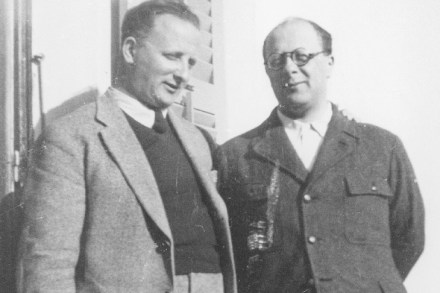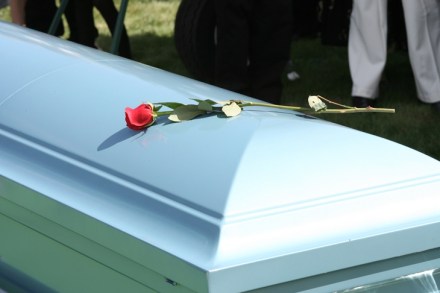In defiance of Il Duce
The details of Mussolini’s fascism are perhaps not quite as familiar in this country as they might be. Even quite well-meaning people have a tendency to treat him as, in part, a joke. Just how horrible the period was needs to be explained with reference to individual lives. Caroline Moorehead’s book about the Rosselli family, who were central to the principled resistance, has a valuable and sobering subject. They were intellectual and idealistic Jews. The matriarch, Amelia, from an eminent Venetian family, had married a clever and dissolute man. They had three sons together before Amelia had enough of his philandering, and left him with the children. She settled in




















